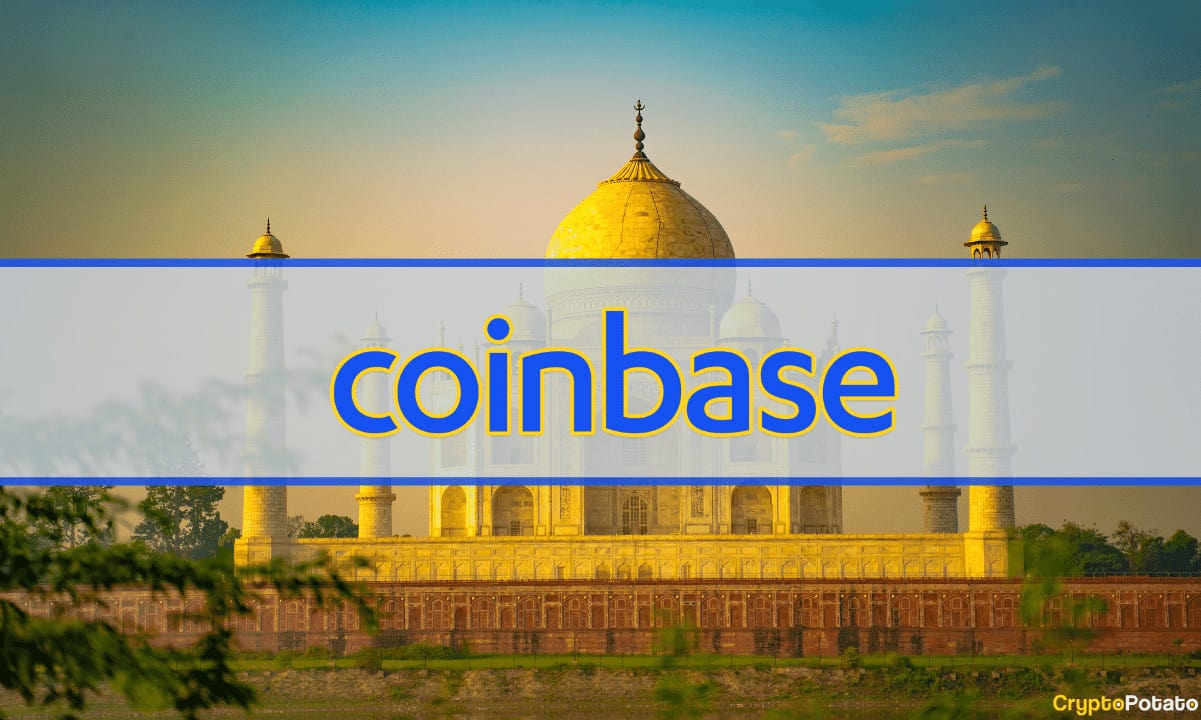Advertisement
Coinbase, the largest U.S.-based cryptocurrency exchange, has discontinued payment services through the Unified Payment Interface (UPI) on its platform for users in India. This happened after only 3 days of operation in South Asia.
UPI is a payment gateway managed by India's National Payments Joint Stock Company (NPCI), which facilitates buy orders on Coinbase's services in the country. The exchange has updated its payment method information on its website for Indian users. Accordingly, they encourage users to use the Instant Payment Service (IMP) to place sell orders.
The NPCI is a special division of the Reserve Bank of India (RBI), under the Ministry of Finance.
On Monday( April 11), Coinbase was reported that it will work with the appropriate lawmakers to defuse the situation in India. They added that they are "committed to working with the NPCI and other relevant administrations to ensure that we share the same vision, on the expectations in this country and the standards of the industry."
The NPCI said on Thursday that it does not recognize the legal status of any cryptocurrency exchange that uses the RBI's United Payments Interface (UPI), even after Coinbase announced its service.
"As for the media reports about the purchase of cryptocurrencies using UPI, The National Payments Joint Stock Company of India would like to confirm that we do not recognize any cryptocurrency exchanges that use UPI," NPCI commented on the matter.
Coinbase users in India don't seem too angry at the sudden suspension of these services. Aditya Singh, co-founder of YouTube channel crypto India, told his 210,000 followers: "This is nothing new, exchanges in India have also faced payment service issues since 2018."

By this point, cryptocurrency traders are probably familiar with the uncertainty of access to trading services. The Indian government is having difficulty coming up with a reasonable regulatory framework for cryptocurrencies. In 2021, market participants in the country have witnessed many periods where cryptocurrencies have been able to be banned.
Some Indian officials such as T. Rabi Sankar, deputy governor of the Reserve Bank of India, supports a complete ban on cryptocurrencies. However, the ban has yet to happen as the country imposed a 30% tax on cryptocurrency trading on March 31, a figure similar to the tax on gambling.
Coinbase Ventures, an investment arm of Coinbase, announced in March 2022 that it plans to invest $1 billion in the cryptocurrency and Web3 industries in India. The future of these plans does not appear to be affected by the discontinuation of services on the exchange.
















